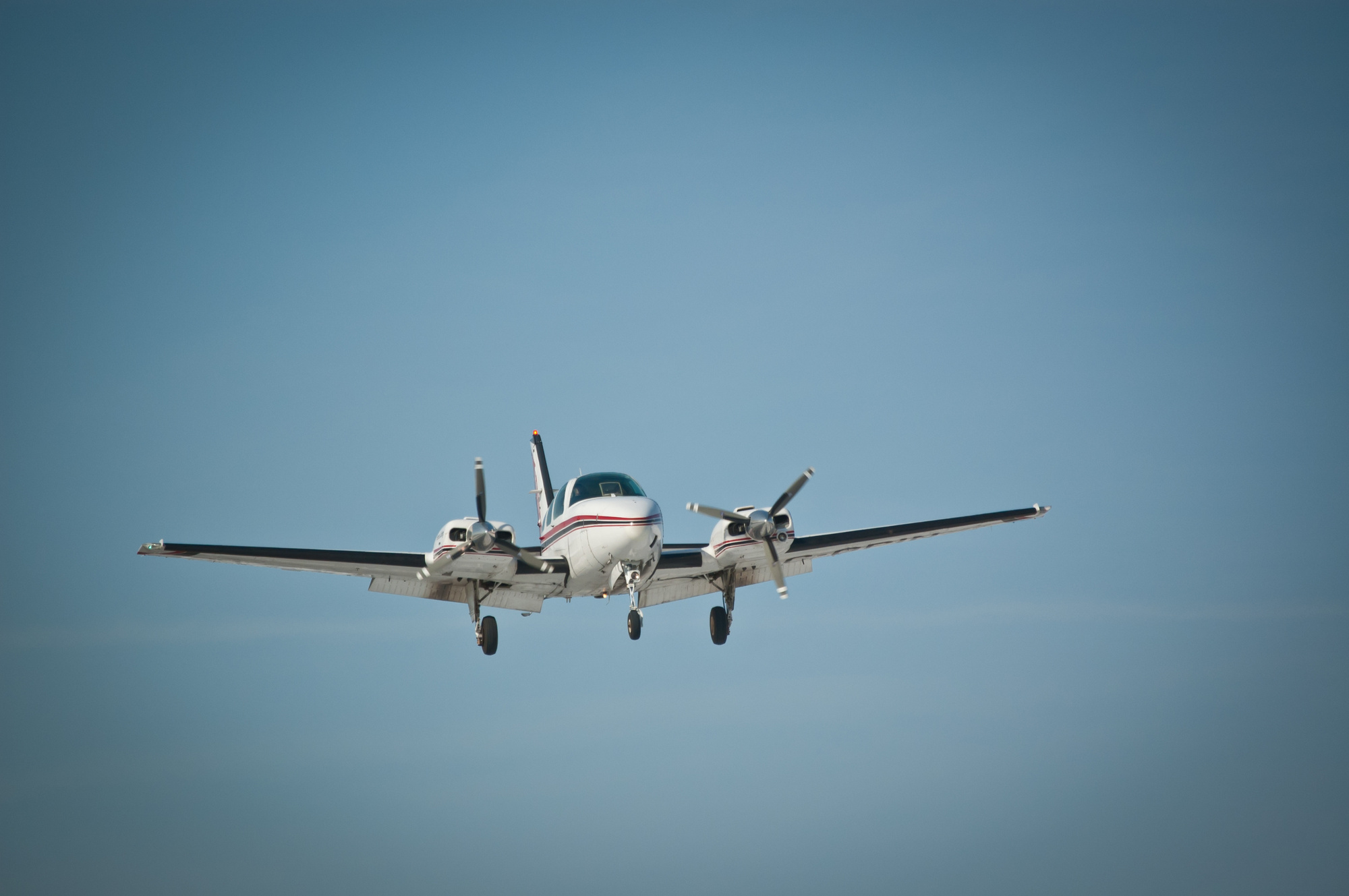A twin engine plane can be the biggest investment of a person’s life. And most twin engine jets soar well over $3 million apiece.
In addition to the price tag, an extra engine comes with added responsibilities.
But there’s no need to panic. We’ve locked in the most important things to consider when buying a twin engine plane. Before hitting the skies, make sure to run through this twin engine airplane checklist.
Why Pilots Pick a Twin Engine Plane
A multi-engine airplane isn’t always the initial go-to for pilots. But they can provide big advantages for advanced pilots.
They tend to have better pickup and power capabilities. They often can reach faster speeds and carry heavy loads. And despite being tougher to fly, a multi-engine plane can give a pilot extra safety features.
But before jumping into the pilot seat, those looking to snag the best twin engine plane should check a few boxes. Here are the top things to think about before picking a twin engine plane.
Consider All Costs
The sticker price isn’t the only thing to consider when purchasing a twin engine airplane. A plane could have a low cost up front and operating costs that suck in cash.
Make sure to check into the expected maintenance that comes along with each model. It’s also a good idea to look into insurance costs that go with certain planes.
Pinpoint a Purpose
It’s smart to identify how the plane will be used before looking at a twin engine plane for sale. Think about the average distances for expected flights.
It’s also a good idea to consider the type of weather conditions the plane will run into. This could turn into different equipment or maintenance needs in the future.
Set Yourself up for Safe Flights
Flying a twin engine plane can be more challenging than its single-engine counterpart. It’s crucial to make sure the pilot is trained and ready before picking out a plane.
Even if the pilot is used to flying a twin engine plane, it’s a good idea to spend some time with a flight instructor or owner before switching models.
Talk to Experts
Pilots who have flown a specific model can be a goldmine. They can point out typical maintenance costs. And they can give potential buyers a heads-up on any unique features or problems.
They’ll also give a real window into the true ownership costs for a specific twin engine plane.
Consider Resale Value and Depreciation
Planes naturally drop in value after the first buy. But smart pilots will take advantage of depreciation.
Look into tax breaks and research what can be deducted. That also means it’s important to keep track of the plane’s original value.
For resale, it’s important to pay attention to things like an intact logbook and a model’s safety reputation. These can make a big difference when it comes time to move on to a new plane.
Know the Latest in Aviation
This twin engine plane guide should set a pilot up for a new purchase. But there is plenty more to stay up to date on before taking off.
Visit our news section here for the latest in aviation tips, guides, and advice.




